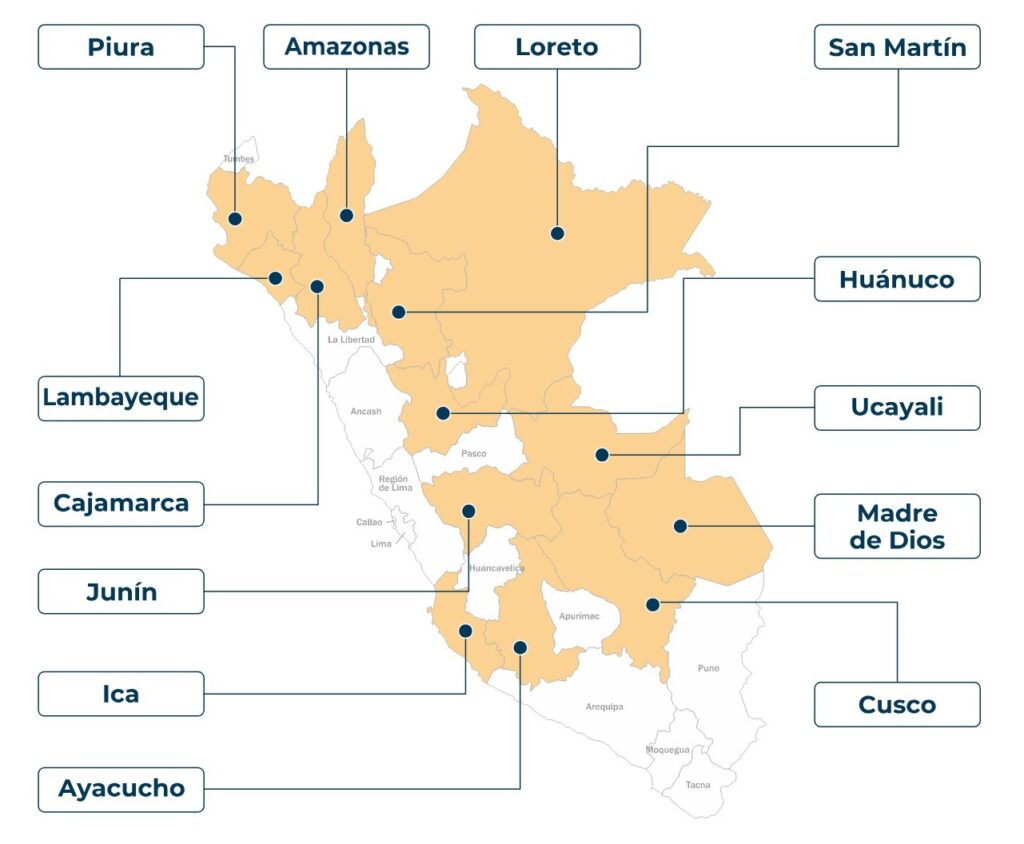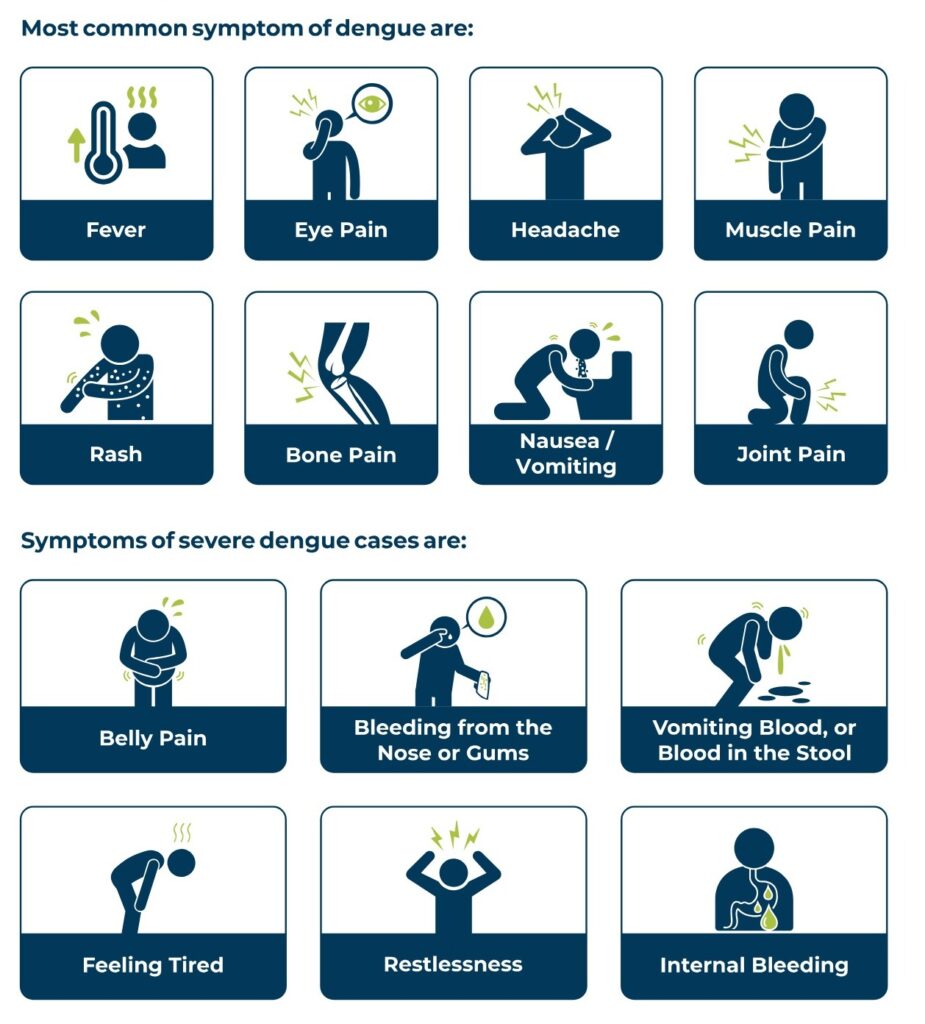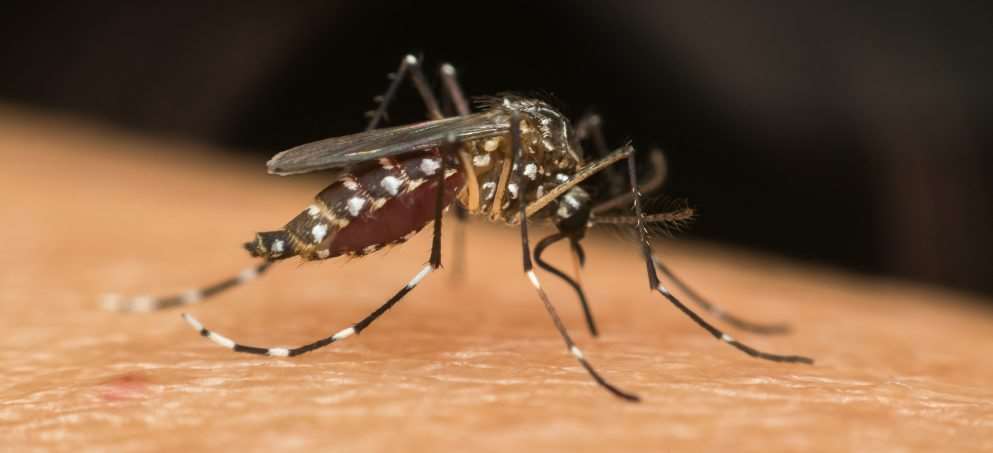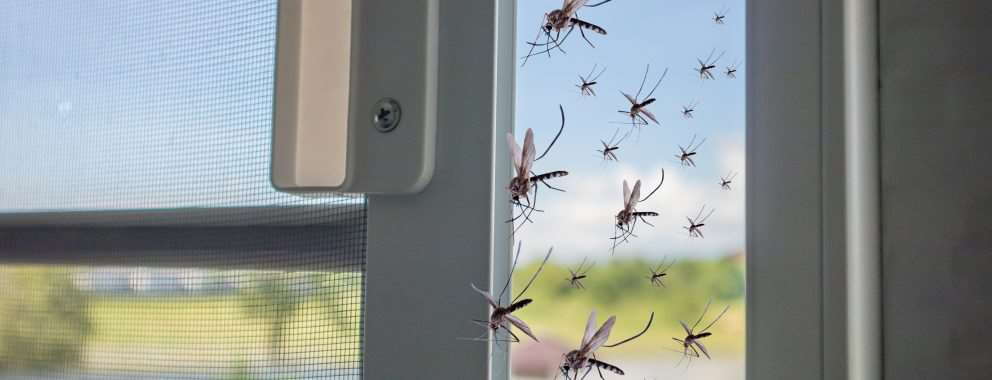Dengue is a vector borne disease that spreads through infected mosquitoes of the Aedes species (Aedes aegypti or Aedes albopictus). The mosquitoes are infected with one of the four strains of the virus (DENV-1, DENV-2, DENV-3 and DENV-4) to transfer dengue virus to a human body. Asian and Latin American countries record the highest number of dengue cases every year. Peru recorded a major dengue outbreak in the year 1990. Since then, the country has continued to see new cases, which leads to epidemics. There has been a rise in the number of reported cases over the last decade. In 2022, over 72,800 dengue cases were recorded across the nation, with 84 fatalities.
Current Situation
On 23 February 2023, the Peruvian government placed 13 departments under state of “health emergency” owing to the epidemic. The state of emergency was imposed for 90 days, after the health ministry reported more than 11,500 cases and 16 fatalities were attributed to dengue as of February 2023. When compared to the same time period in 2022, there has been a considerable increase of 72 percent. The regions under health emergency are as follows:

On 16 April, due to the increase in cases in Lima and Callao (773 cases), the Ministry of Health (Minsa) issued an epidemiology alert to strengthen epidemiological surveillance in the region. As of 21 April, a total 50,396 dengue cases have been reported across the country; 24,079 are confirmed cases, while 26,317 are probable cases. Minsa reportedly recruited over 3,500 health professionals and technicians to control the spread of dengue and to fumigate residences nationwide. So far, 300,000 homes have been treated and 800,000 homes have undergone interventions to control the spread of the larva.
Symptoms and Treatment:
Symptoms of dengue typically last two to seven days, with a recovery period of about a week.

There is no treatment for dengue specifically. Health practitioner aim to treat the symptoms of the disease instead. The most common being prescribing Acetaminophen (paracetamol) to treat fever and body pain. Other than this, dengue patients are advised to rest and drink plenty of fluids to keep oneself hydrated.
Risk of transmission of Dengue:

- As noted above, the most common way of transmission of dengue is through mosquito bites. Stagnant water are the breeding grounds of mosquitoes.
- A pregnant woman already infected with dengue can pass the virus to her foetus during pregnancy or around the time of birth.
- Dengue can also spread through blood transfusion, organ transplant, or through a needle stick injury. However, such cases are very rare.
- Individuals who have been previously diagnosed with dengue are more at risk of developing severe symptoms.
- The risk of getting infected also increases based on the climate, such as in tropical and subtropical areas or during rainy season.
Recommendations:
General preventive methods:
- In case any of the symptoms mentioned above are noted or if one lives in or has travelled to risk prone area, it is advised to seek medical help from healthcare provider and do a blood test to confirm the diagnosis.
- Advised to wear long-sleeve clothing, keep windows and doors closed, especially during the night.
- Using aerosol insecticide sprays and mosquito repellents (containing N,N-diethyl-meta-toluamide, Picaridin or IR3535) can be beneficial.
- Accumulation of water in closed indoor spaces should be prevented and proper sanitation measures should be practiced at home to avoid contraction of the disease.

Prevention at Workplace:
- It is advised to take up adequate sanitation measures on a weekly basis. Stagnant water in blocked drains, air-conditioning units, flowerpots, etc., should be cleaned.
- Toilet bowls should be covered at all times. Leaking pipes and clogged sewer pipes should be repaired immediately.
- Businesses can install window screens, coils, insecticides and vapour dispensing machines to protect employees from mosquito bites.
- It takes approximately seven days for a mosquito’s egg to develop into an adult. Therefore, the entire workplace compound can be inspected once a week to identify and eradicate potential mosquito breeding grounds.
- Advised to carry out vector control and professional pest control methods, such as regular fumigation of insecticides at workspaces; the Regional Health Authority can be contacted for routine fumigation.
- Employees should monitor symptoms and contact local healthcare officials immediately in case the symptoms persist.
- For more information on the dengue situation in Peru, it is advised to follow the website of the Ministry of Health (Minsa) at: https://web.ins.gob.pe/es.



